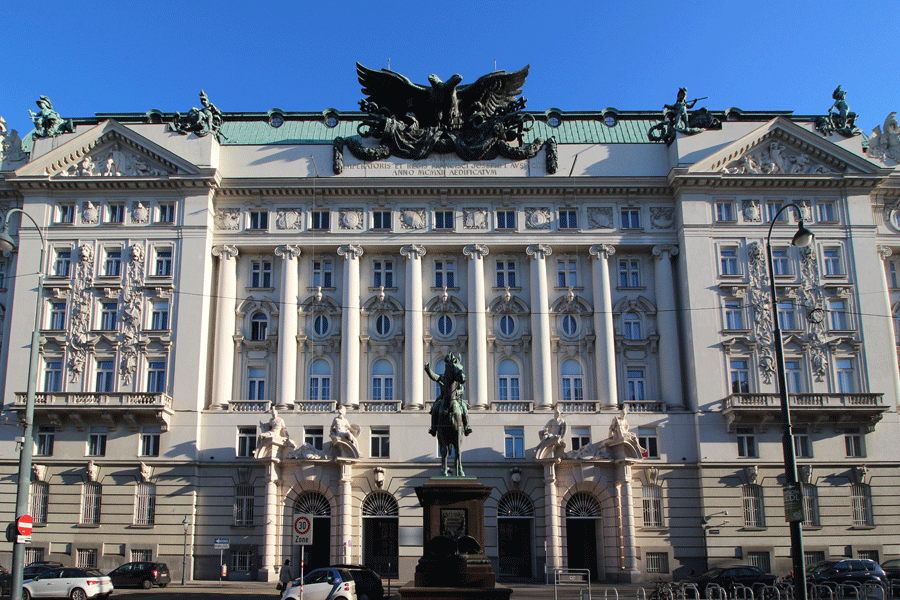About Us: The BMAW-Portfolio

The Federal Minister of Labour and Economy is Martin Kocher.
The goal of the Federal Ministry of Labour and Economy is to further enhance the positive development of the Austrian business location and to issue legislation that leads to a productive labour market and ensures a functioning cooperation in the world of work. The tasks of the Ministry are performed by various Directorates General with differing priorities.
Labour Market
On the labour market, employers look for suitable workers while workers look for vacancies. However, the special thing about the labour market is that it is not price – i.e. wages and salaries – which regulates supply, because that is avoided via the lower limits for wages in the collective agreements.
In order for the labour market to function well, the intervention of politics is a decisive factor. In Austria, a system of cooperation between politicians and the so-called social partners has developed which is often seen as an example of how a less confrontational approach can succeed. Workable compromises lead to productive labour market and social legislation and ensure functioning cooperation in the world of work.
Labour Law
Labour law regulates all legal issues related to employment relationships. Its basis is the employment contract, which has to be concluded within the framework of labour law provisions (legislation, regulations, collective agreements and company agreements).
Economic Affairs, Innovation and International Policy
The aim of the Federal Ministry of Labour and Economy is to improve the Austrian business location, to promote growth and to ensure a sustainable economic recovery. In order to increase the attractiveness of the Austrian business location measures are taken that contribute to the improvement of an enterprise-friendly environment.
European Union and International Market Strategies
Austria is one of the world's leading export countries. External trade policy aims to strengthen the Austrian export sector by ensuring sustainable growth, improved access to new markets and international cooperation. Other portfolios include export control, import licenses, EU subsidies, export and investment policy as well as multilateral trade and investment control policy. Competition policy, internal market issues as well as legislative matters are addressed as well as issues related to sustainability, the representation within international fora like the OECD and the WTO.
National Market Strategies
The BMAW seeks to provide an enterprise-friendly framework and environment. Central issues include improving the competitive strength of companies, safeguarding existing employment and creating new jobs, as well as updating the rules and standards under Austria's Trade Act (Gewerbeordnung, GewO). Moreover, the BMAW is responsible for the sustainable design of apprenticeships and the introduction of new apprenticed trades. Other policy areas include surveying, geo-information and technology.
Cultural Heritage
The Ministry - through Burghauptmannschaft Österreich (an entity managing publicly-owned palaces, castles etc.) - is also responsible for the maintenance and use of Schönbrunn Zoo. The Cultural Heritage area manages state-owned properties and furniture of historical and touristic value.
Tourism
Tourism is important to Austria’s economy and a major employer. Austria has turned into one of the leading tourism destinations worldwide. Although small in size and population, it is among the 15 most visited countries in the world. The reasons for this are diverse: the majestic Alps, beautiful rivers and lakes, its cities, richness of culture and culinary art. Hospitality and service quality in small family businesses with tight regional bonds add to a unique tourism experience. In 2019, the Ministry responsible for tourism published a new national tourism strategy, the "Plan T – Master Plan for Tourism". It lays down guidelines for sustainable development of tourism and serves as base for political decisions at all levels.